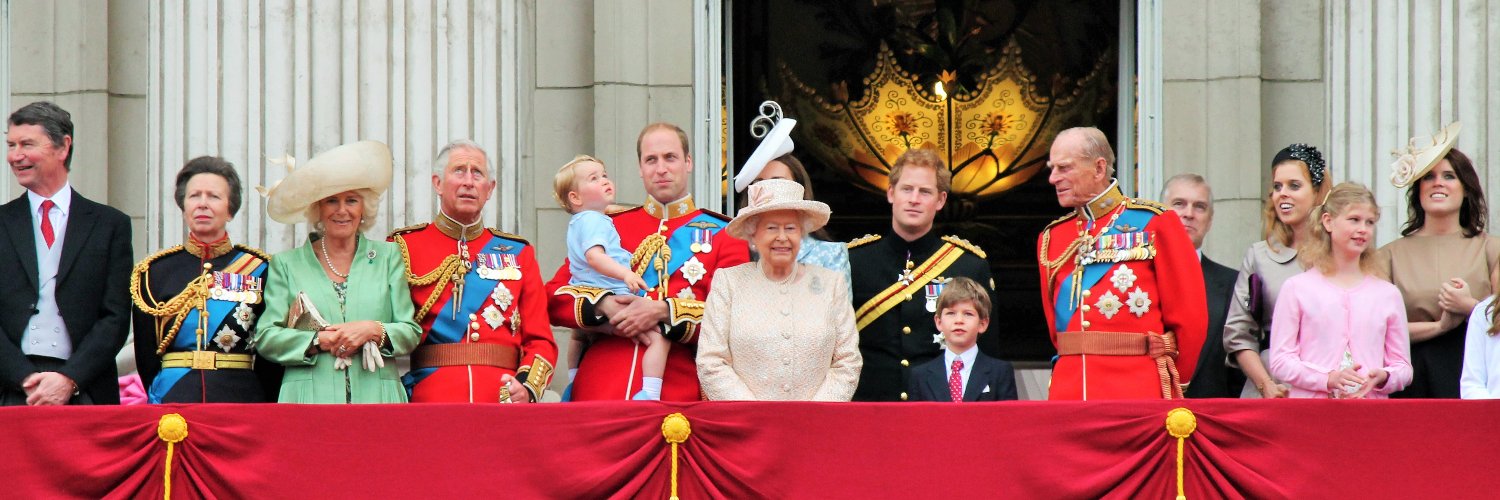
translation confusion king charles new title
When Queen Elizabeth passed in September, the entire world went into a period of mourning. She ruled for an astonishing 70 years and 214 days, making her the longest-ruling British monarch by a sizeable margin.
Now that her son Charles has taken the throne, countries across the planet are having to figure out what they should call the new head of the British royal family in their own languages. This has led to some confusion, which has delivered some interesting insights into how foreign countries translate the name of foreign rulers.
We’ll dive into it below.
Three Approaches
There are three main approaches that a country can use when translating the name of a foreign ruler.
- Translate both the royal title and the ruler’s name
- Translate just the royal title
- Translate just the name
Every country does things differently. For example, the Germans called Queen Elizabeth Die Queen while the Czechs called her Elizabeth Alžběta.
You would think that each language has its own rules that it follows every time regardless of the king or queen in question. For example, since the Germans called Elizabeth Die Queen, you might imagine them calling King Charles Der King.
But we’re seeing in real-time just how non-uniform languages can be in their application of various rules of translation – which has frustrated countless language learners and translators across the globe.
The King Charles Translation Dilemma
Language speakers across the planet seem to be figuring out what to call King Charles in real-time. Their various approaches to this have been rather interesting to track.
For example, we’ve seen King Charles be called Karel, Karl, and Karol by the Czechs, Russians, and Poles, respectively. But the Bulgarians (who also speak a Slavish language) are calling him Charles – without translating the name at all.
Some members of the Czech media have been calling him král Karel III, while others have called him král Charles III. The country’s language institute recommends calling him Karel III but also acknowledges that some people are using Charles III.
What This Says About the World of Translation
The reason why this confusion is noteworthy is that it offers some interesting insights into how language groups assimilate foreign names and titles into their own cultures.
What seems to have happened is that media members and everyday speakers began using whatever translation for King Charles felt most natural to them in the immediate aftermath of his mother, Queen Elizabeth’s death.
In the early stages of this, several translations were often used interchangeably with one another, as shown by the Czech example we gave above. Then, over time, a favored translation tends to emerge and this becomes the standard moving forward.
It all shows just how messy the concept of translation can be. Even when a historical precedent for a type of translation is in place, it doesn’t always mean that it will be followed in the future.
It’s a major reason why companies, organizations, and people need to stay up-to-date with a culture’s evolving language practices if they wish to translate documents and materials in that language.
